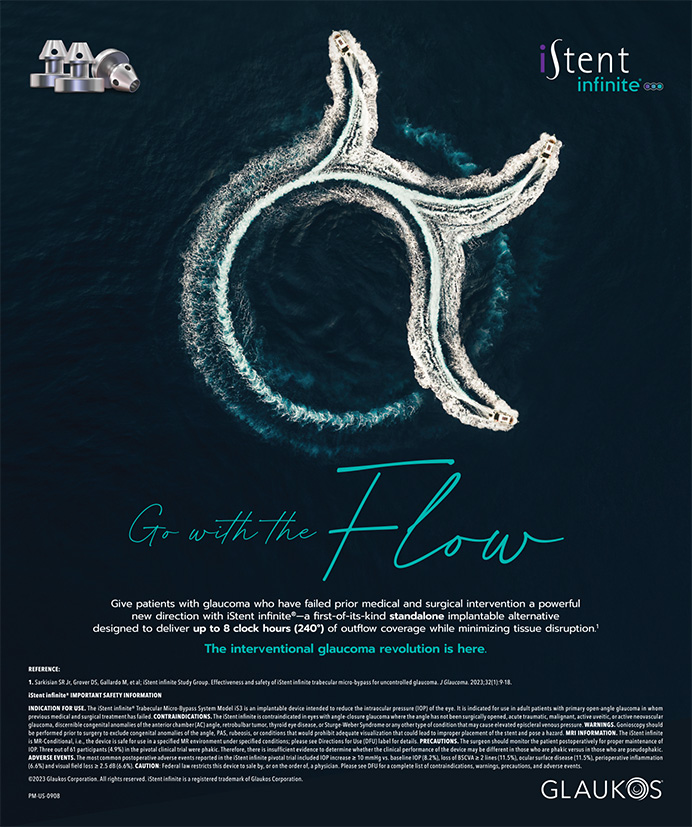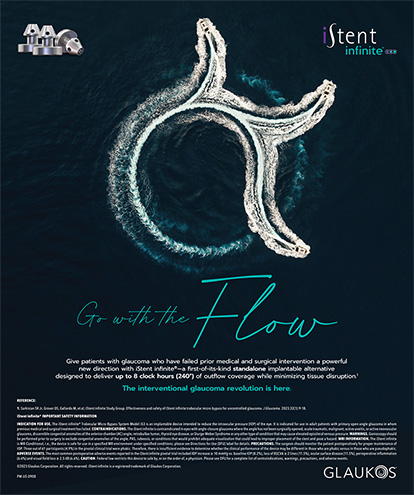A fair number of ophthalmologists, including yours truly, have taught more than their fair number of courses throughout the years. A few weeks ago, an interesting question dawned upon me: "Are the courses as we're teaching attendees the most effective means of transferring ophthalmic knowledge and surgical skill?" For an accurate assessment, I propose that we engage in an interactive exercise of answering a few questions. Perhaps this activity will not only show what the readers feel is the best method of teaching a course, but it will also help the course participants determine which factor(s) is really the most important in learning a new skill or becoming comfortable with a new product.
THE EXERCISE
Let's assume that you, the reader, are interested in learning about a new pharmaceutical agent (ie, a glaucoma medication) or a new surgical device (ie, a phakic bifocal IOL). Figure 1 begins by listing factors concerning what makes you feel comfortable with the credibility and quality of the informational aspects of the course. It then lists possible methods of increasing the effectiveness of knowledge/skills transfer to the student. In other words, it indicates why you might or might not attend a course.
The grading rules are simple. Please rank the questions in each section from most to least important according to the scale 10, 8, 6, 4, 2, 0. If you simply must rate two questions as equals, you may take the total of the two questions and give one-half to each (ie, if you wish to rank the second and third most important questions equally, give each one a 7).
CONCLUSION
I encourage you to submit your answers to me in a condensed form (Figure 2). Depending on readers' responses, I will publish the results in a future column. The goal is to determine whether we should continue to offer and teach courses in the same time-honored manner or if there may be a better way to exchange information and surgical skills.
Lee T. Nordan, MD, is a technology consultant for Vision Membrane Technologies, Inc., in Carlsbad, California.
Dr. Nordan may be reached at (858) 487-9600; laserltn@aol.com.


